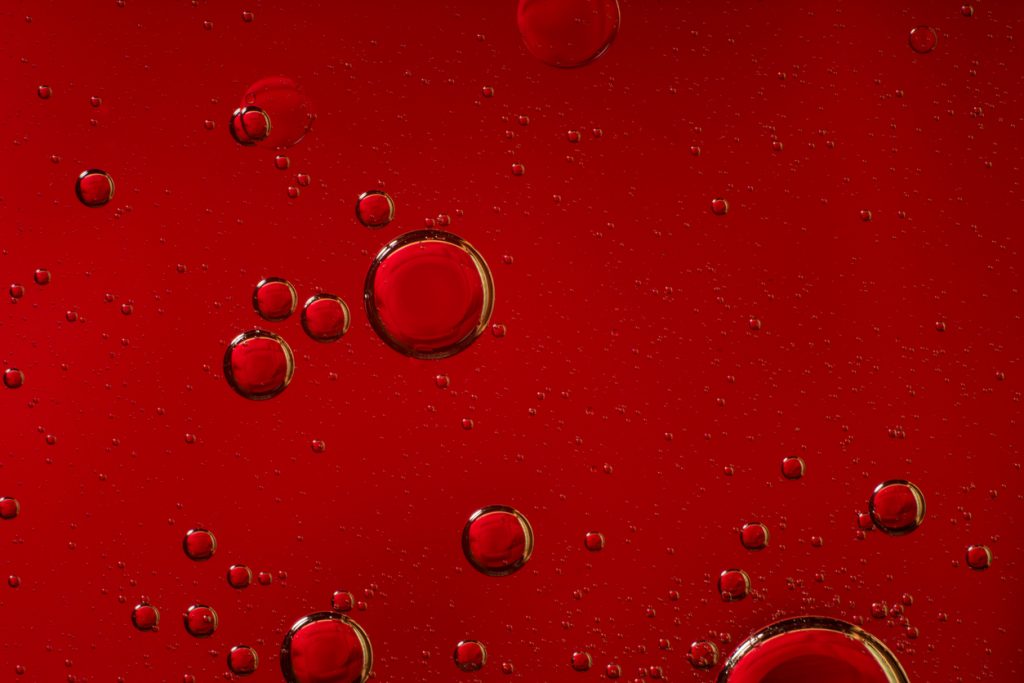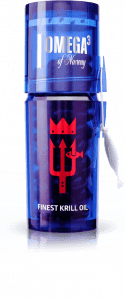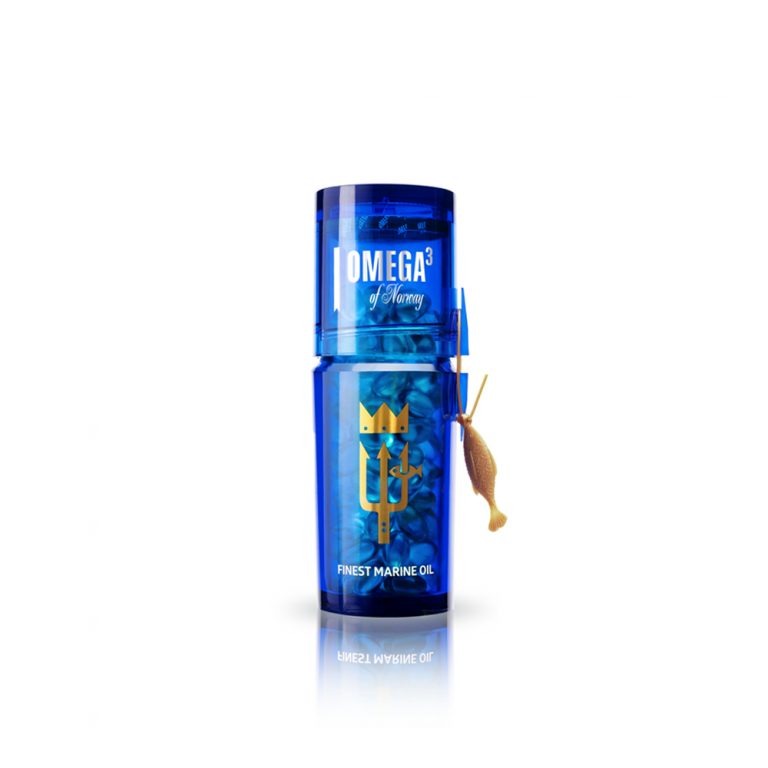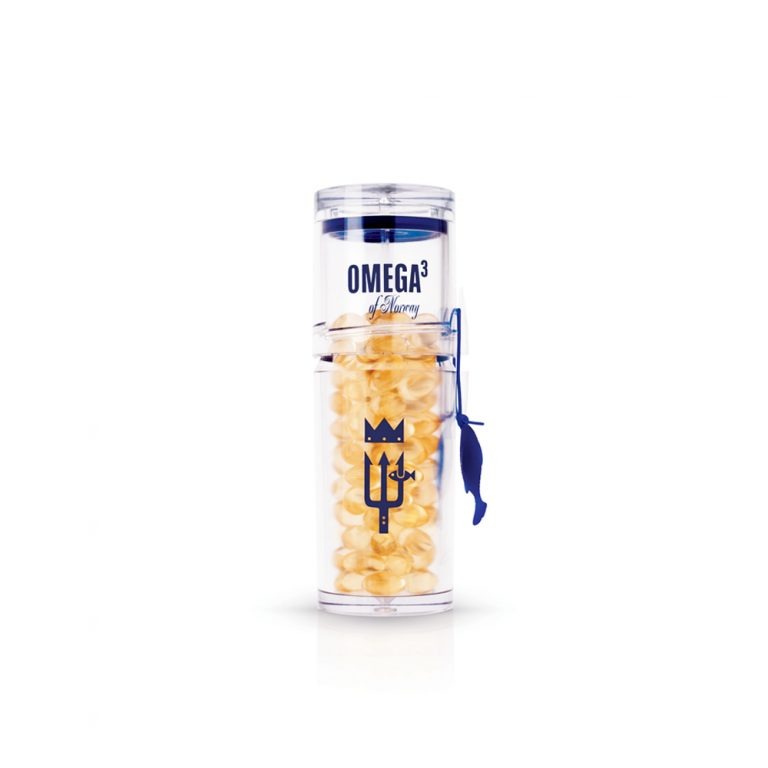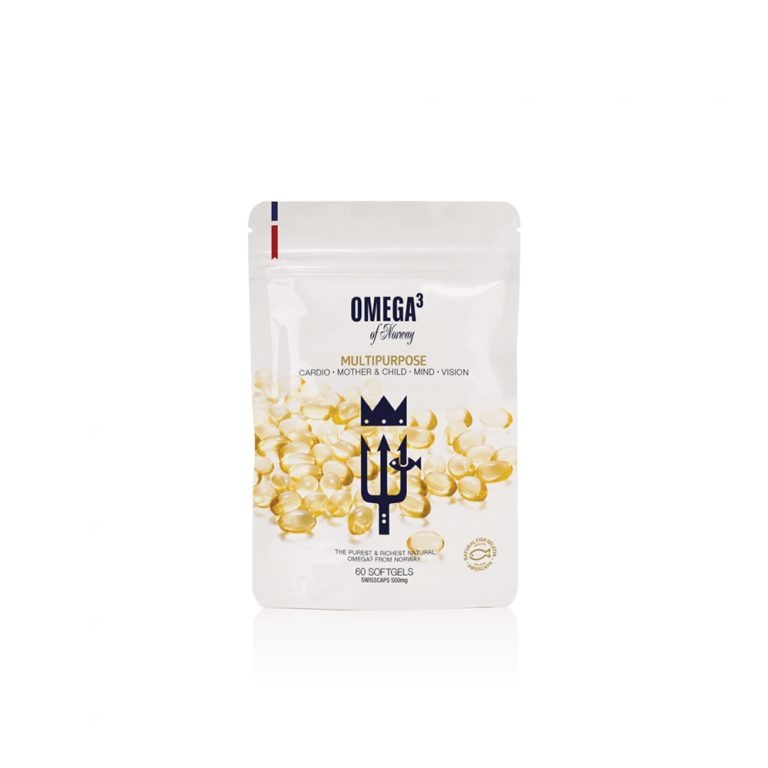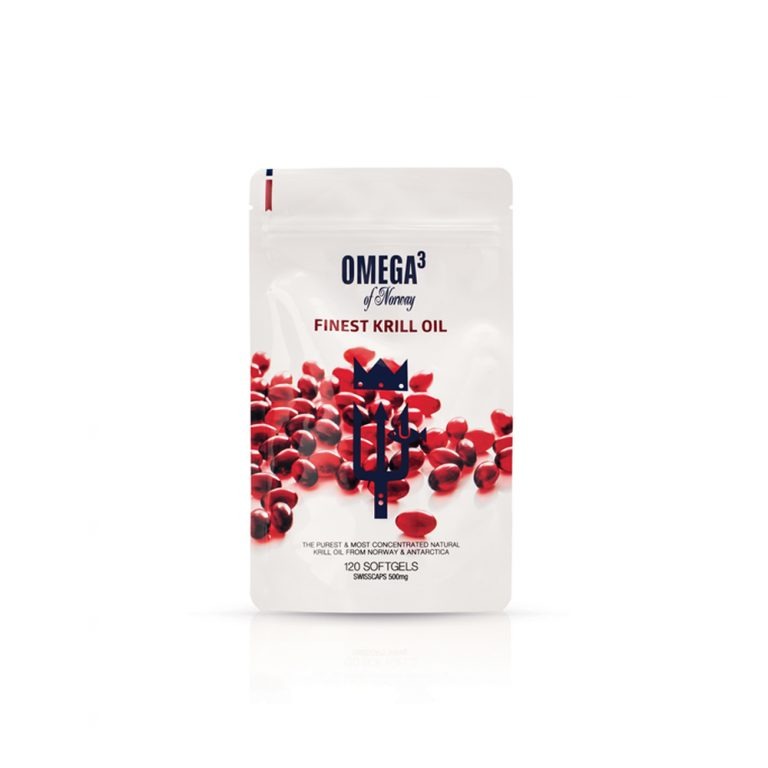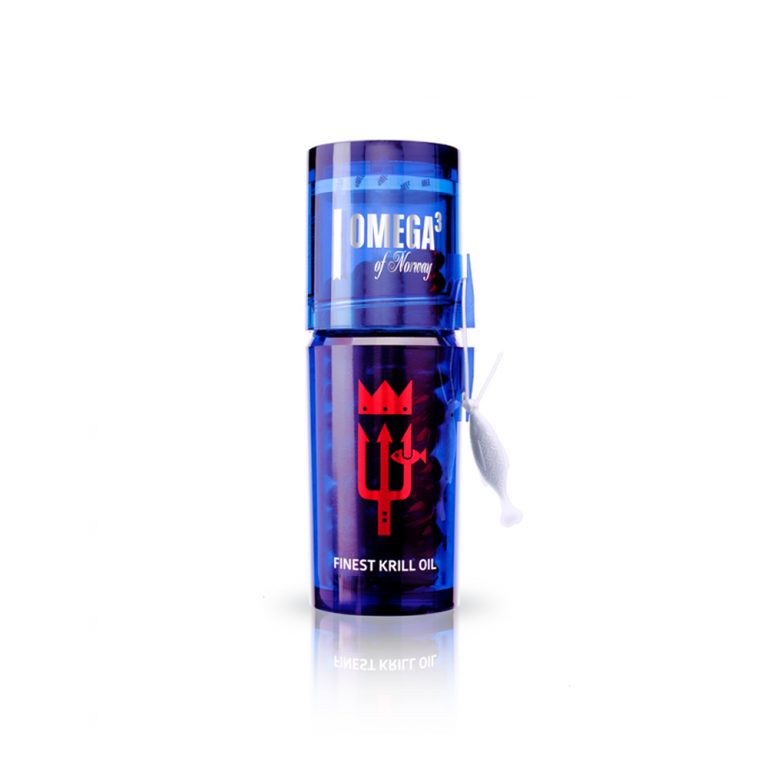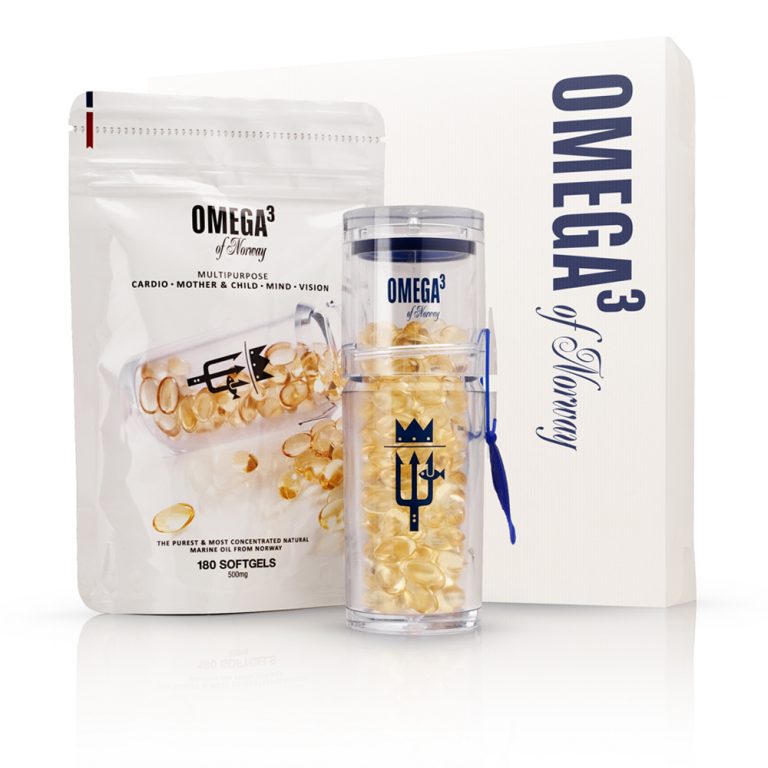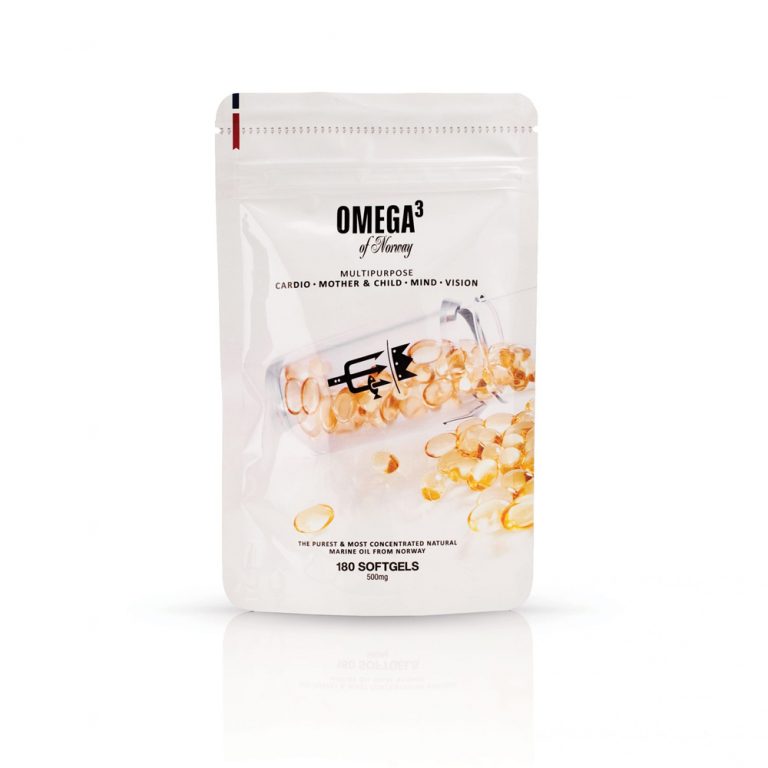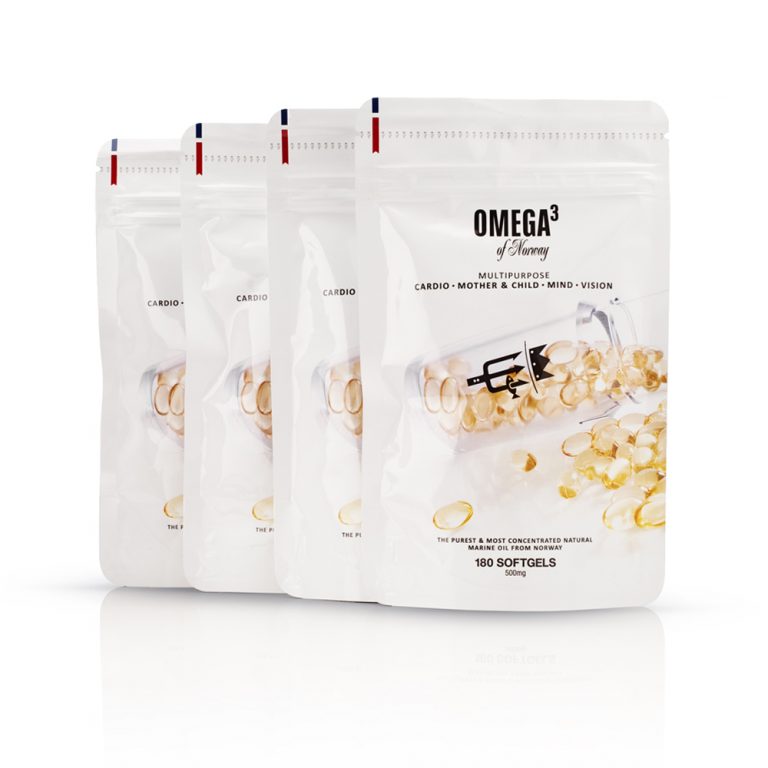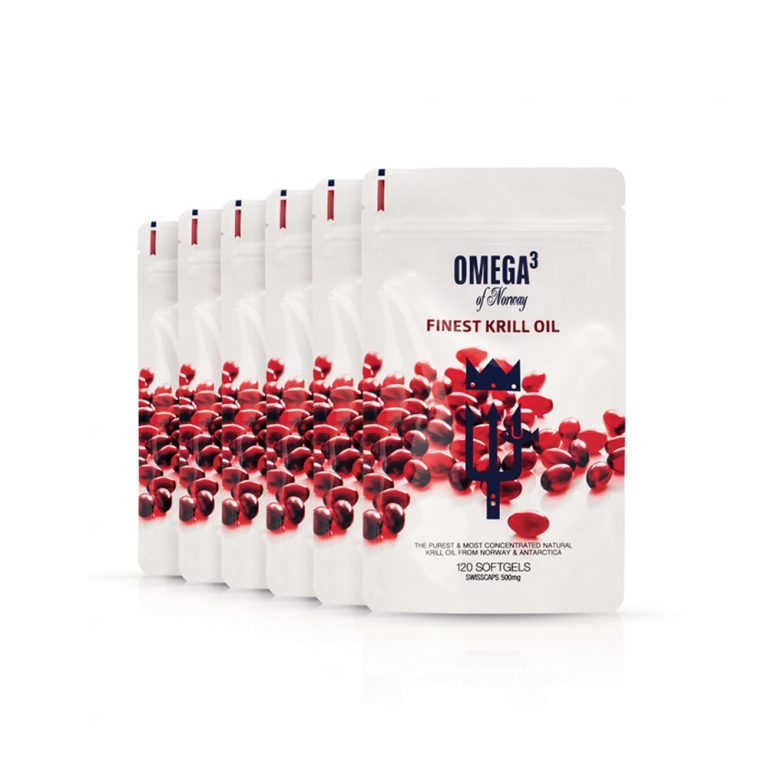Choline plays a vital role in maintaining overall health and well-being.
Since the body cannot produce enough of it on its own, choline is considered an essential nutritional supplement. It supports nerve signaling, liver function, and muscle performance.
Recognized as a crucial nutrient by the Institute of Medicine (1998), choline deficiency can lead to muscle weakness and fatty liver disease While health professionals have only recently started recommending it, choline is now considered an essential nutrient in the Nordic region as well. Previously overlooked, choline has finally been included in the Nordic nutrient recommendations, highlighting its significance for optimal health (Norden, 2023).
Why Choline is so Good for You?
Choline is a highly important nutrient that facilitates cellular function, brain development, and liver health. Vital organs rely on a consistent supply of choline for proper functioning (Zeisel et al., 2009). Therefore, maintaining a daily intake of choline is recommended to ensure peak performance.
Overall Health Advantages with Choline:
BRAIN: Choline is a crucial component for maintaining a healthy nervous system and supporting neurotransmitters. Research indicates its positive impact on brain development, while a deficiency in choline can impair cognitive health (Poly, 2011)
LIVER: Choline plays a vital role in supporting liver function by aiding in the removal of unwanted fat, thus preventing non-alcoholic fatty liver disease. Considering that non-alcoholic fatty liver disease affects millions of people worldwide, choline’s role in liver health is crucial (Corbin, 2012).
HEART: Choline actively promotes heart health and helps maintain a regular heartbeat by supporting the heart’s impulse systems. It can reduce blood pressure and benefit homocysteine levels in the heart, keeping your heart and blood vessels healthy (Zeisel et al., 2009).
PREGNANCY: Maintaining an adequate intake of choline during pregnancy is now recognized as beneficial for the child’s cognitive and neurodevelopment, as well as placental function (Fisher, 2007).
SPORT: Studies indicate that choline can enhance athletic performance and help individuals reach their maximum potential during rigorous training and exercise. Furthermore, maintaining a consistent choline intake is important for a healthy brain, sharp memory, and preventing liver disease (Zeisel et al., 2003).
To ensure good health, it is important to include choline-rich foods in your diet, as the body can only produce a limited amount of choline on its own
DO I GET ENOUGH CHOLINE?
Recent studies show that 9 out of 10 US citizens do not consume enough choline in their diets to support good health. Similarly, Europeans also lack sufficient choline levels, as indicated by a study published in the Journal of the American College of Nutrition. Foods like eggs, liver, and quality meats are excellent sources of choline, but many people in Western countries do not consume them regularly. The recommended daily intake of choline is 550 mg, while the average daily intake is only 402 mg, resulting in a deficit of 148 mg (Harvard, 2023).
WHAT HAPPENS IF YOU LACK CHOLINE IN YOUR DIET?
A deficiency in choline can have significant impacts on your health, potentially leading to conditions such as atherosclerosis, liver dysfunction, and neurological disorders. Insufficient choline intake can cause the accumulation of liver fat, eventually resulting in steatosis or liver damage. Moreover, low choline intake has been associated with impaired cognitive function, memory loss, and even Alzheimer’s disease, as reported by the American Journal of Clinical Nutrition (Blusztajn, 2022). Despite the presence of choline in various daily foods, it can be challenging to maintain a consistent intake of recommended amounts. This is particularly true for Western countries, where the necessary choline intake is often lacking, affecting overall well-being. Including a high-quality supplement like Antarctic Krill Oil can help you manage your choline levels effectively.
DOES CHOLINE IMPROVE MY PERFORMANCE IN SPORT?
Choline is crucial for muscle contractions as it acts as a signaling molecule. When the body has sufficient choline, it produces and utilizes enough acetylcholine during exercise and rigorous activity. Inadequate choline levels can potentially reduce sports performance.
Oslo University Hospital has conducted a pioneering study on the effects of krill oil omega 3s, which contain choline, on athletic performance and recovery. The preliminary results are promising, indicating the demand for choline supplements is increasing. Krill oil, with its high content of 40% phosphatidylcholine, is an excellent source of choline (Burri et al., 2019). For more information on choline and krill oil, refer to our krill page.
SUMMARY
Choline is a crucial nutrient that often goes unnoticed among other vitamins, but its importance for maintaining good health throughout life, including during pregnancy, is indisputable. It should be an integral part of your dietary balance to ensue
SCIENCE
Institute of Medicine (US) Standing Committee on the Scientific Evaluation of Dietary Reference Intakes and its Panel on Folate, Other B Vitamins, and Choline. (1998). Dietary Reference Intakes for Thiamin, Riboflavin, Niacin, Vitamin B6, Folate, Vitamin B12, Pantothenic Acid, Biotin, and Choline. National Academies Press (US). Link
Zeisel, S. H., & da Costa, K. A. (2009). Choline: an essential nutrient for public health. Nutrition reviews, 67(11), 615-623. Link
Poly, C., Massaro, J. M., Seshadri, S., Wolf, P. A., Cho, E., Krall, E., … & Jacques, P. F. (2011). The relation of dietary choline to cognitive performance and white-matter hyperintensity in the Framingham Offspring Cohort. The American Journal of Clinical Nutrition, 94(6), 1584-1591. Link
Corbin, K. D., & Zeisel, S. H. (2012). Choline metabolism provides novel insights into nonalcoholic fatty liver disease and its progression. Current opinion in gastroenterology, 28(2), 159-165. Link
Fischer, L. M., da Costa, K. A., Kwock, L., Galanko, J., Kόszegi, T., Gentry, R. P., … & Zeisel, S. H. (2007). Dietary choline requirements of women: effects of estrogen and genetic variation. The American Journal of Clinical Nutrition, 86(5), 1271-1278. Link
Zeisel, S. H., Mar, M. H., Howe, J. C., & Holden, J. M. (2003). Concentrations of choline-containing compounds and betaine in common foods. The Journal of nutrition, 133(5), 1302-1307. Link
Harvard, School of Public Health. (2023) The nutrition source, Choline. Link
Yuan, J., Liu, X., Liu, C., Ang, A. F., Massaro, J., Devine, S. A., Auerbach, S. H., Blusztajn, J. K., Au, R., & Jacques, P. F. (2022). Is dietary choline intake related to dementia and Alzheimer’s disease risks? Results from the Framingham Heart Study. The American journal of clinical nutrition, 116(5), 1201–1207. Link
Burri, L., Heggen, K., & Storsve, A. B. (2019). Phosphatidylcholine from krill increases plasma choline and its metabolites in dogs. Veterinary world, 12(5), 671–676. Link
Korsmo HW, Jiang X, Caudill MA. (2019). Choline: Exploring the Growing Science on Its Benefits for Moms and Babies. Nutrients. 11(8) Link



